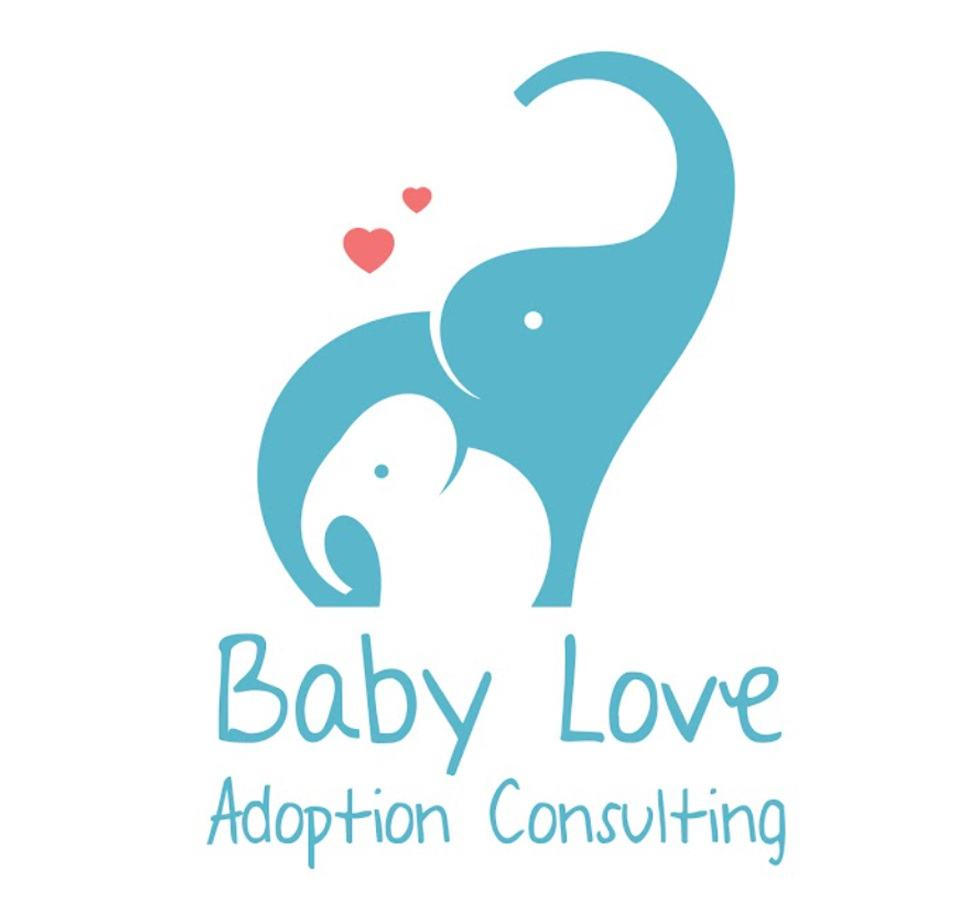Adoption Glossary
Adoptee: A person who was adopted. Some people prefer the terms “adopted child” or “adopted person.”
Adoption: The complete legal transfer of parental rights and obligations from one parent or set of parents to another, requiring action in a court of law.
Adoption agency: A state license organization that provides services to birth parents, adoptive parents and children who need families. Agencies may be public or private, secular or religious, for profit or nonprofit.
Birth parent: The biological parent of an adoptee. A pregnant women planning to place her child for adoption is only a birth parent after signing a consent to adopt after birth.
Closed Adoption: An adoption that is completely confidential and has closed records. The birth family and adoptive families have no contact with each other.
Contact Agreement or Post-Placement Agreement: An agreement that specifies the type and frequency of contact between the birth family and the adoptive family after placement. (photo sharing, letters, emails, texts, phone calls, in-person visits, duration and location of visits, etc.)
Drop-in situation: This is when a birthmother has not made an adoption plan prior to giving birth and decides after delivery at the hospital to place her baby for adoption.
Finalization: The last step for legalizing an adoption which involves a court hearing with a judge, the adopting family and the child being adopted.
IPCP (Interstate Compact on the Placement of Children) – This is an agreement signed by all 50 states to ensure that all adoptions are legitimate that happen across state lines and follow the same process.
Legally free: When a child’s birth parents’ rights have been terminated, they are then able to be adopted.
Matched: When an agency has successfully paired up an adoptive family with an expecting birth mother and both sides agree to the match. This can happen a few months in advance or after the birth of the baby.
Open Adoption: An adoption that involves some level of ongoing direct contact between an adoptive family and birth family. The amount of contact varies, from exchange of texts to invitations to family gatherings.
Placement: After a child has been born and relinquishment papers have been signed, then the baby can go home with its adoptive family.
Post-Placement Agreement or Contact Agreement: An agreement that specifies the type and frequency of contact between the birth family and the adoptive family after placement. (photo sharing, letters, emails, texts, phone calls, in-person visits, duration and location of visits, etc.)
Relinquishment: In Texas, a birthmother has 48 hours after birth of the child to sign
relinquishment papers which terminate her rights to parent her child.
Special-Needs Child: Children whom agencies consider difficult to place because of physical disorders, or emotional/physical abuse.
Transracial Adoption: An adoption in which a child is placed with adoptive parents who are not the same racial or ethnic background.
Waiver of Interest: This is a legal document that a presumed birth father can sign prior to the birth of a child being placed for adoption.
